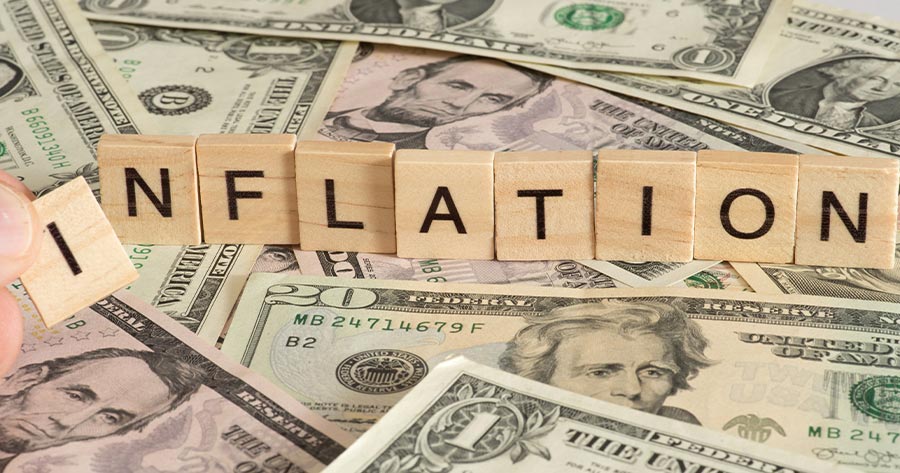According to data released Wednesday by the Labor Department, consumer prices in the United States edged up by less than anticipated in May, with lower gasoline prices counterbalancing higher rents.
Despite this moderation, economists warn that inflation may pick up in the coming months as new tariffs imposed by the Trump administration start to filter through to retail prices.
The Consumer Price Index (CPI) rose 0.1% in May after a 0.2% rise in April, slower than a 0.2% increase expected by economists surveyed by Reuters. Housing costs—mainly rent—were the main contributor to last month’s CPI uptick, advancing 0.3%.
Food prices rebounded with a similar 0.3% gain, particularly for cereals, bakery products, fruits and vegetables, while the price of eggs dropped sharply by 2.7%. Gasoline costs slid 2.6%.
On a year-over-year basis, consumer prices climbed 2.4%, compared to 2.3% in April. The figures showed underlying inflationary pressures remained subdued.
Analysts attribute the slow reaction to tariffs to the fact that most retailers are still working through inventory purchased before higher import duties were implemented. Walmart noted last month it would raise some prices starting late May and into June.
Service-sector price growth was also restrained, including limited increases in airfares. Economists believe that the lingering effect of pre-tariff inventories, along with uncertain consumer demand, has prompted many businesses to delay or minimize price hikes.
However, they anticipate inflation to accelerate starting from June and moving through the rest of the year, as companies gradually pass tariff costs on to consumers in hopes of avoiding dramatic price jumps.
President Trump has publicly urged companies like Walmart to absorb tariffs instead of charging customers more, while his administration argues the cost of tariffs is being borne by exporting nations.





